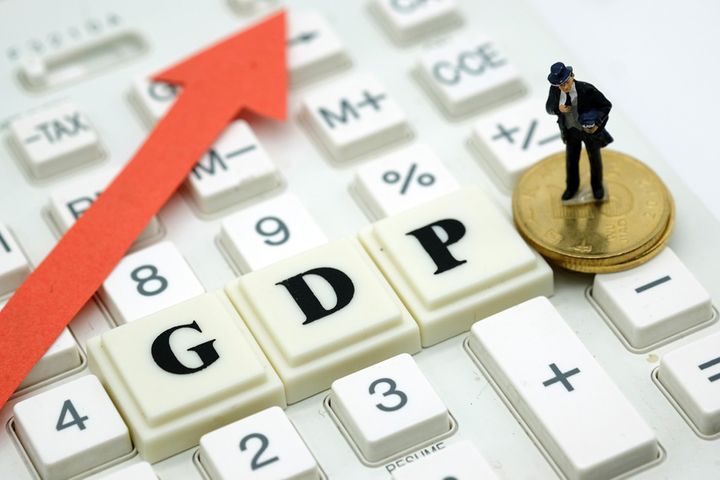 China's Countercyclical Regulation Must Buoy 2nd-Half Growth, KPMG China Says
China's Countercyclical Regulation Must Buoy 2nd-Half Growth, KPMG China Says(Yicai Global) May 21 -- The Chinese economy ended last year's steady decline in the end of the first quarter, but is likely to face great growth pressure in the second half, so the Chinese government needs additional proactive fiscal policies and moderately loose monetary policies to enhance counter-cyclical regulation.
This was the conclusion of the China Economic Monitor report for the second quarter that Zug, Switzerland-based professional services firm Klynveld Peat Marwick Goerdeler's China unit issued today.
China should go all out to lower taxes and fees and raise government investment, the report suggested. The country, which still has room for further reserve requirement ratio cuts after the central bank has reduced the RRR five times since last year, must hold to a somewhat loose monetary policy. It also needs to raise its support for private, medium, small and micro firms and the real economy and high-tech firms when making and implementing monetary policies.
The Government Work Report issued at the National People's Congress in March pledged to "deepen the interest rate liberalization reform to lower the actual interest rate" in the belief this will promote the real economy, the report noted.
China has a huge domestic market and its consumption has overtaken investment for five straight years to become the main force driving the country's economic growth, so further reform and opening-up and stable market expectations are the best way to tackle China-US trade frictions, the report said to address their negative impact.
"China issued local treasury bonds ahead of schedule in the first quarter, and this caused government funds to arrive earlier and drove infrastructure investment," said Kang Yong, KPMG China's chief economist, reviewing national economic performance in the first quarter.
"New personal income tax fully enforced and further value-added tax reduction since April 1 has facilitated consumption and production and thus economic performance in the first quarter was better than in the same period last year," he added.
KPMG is a network of professional service firms and among the Big Four auditors alongside Deloitte, Ernst & Young and PricewaterhouseCoopers. It employs 207,050 people and has financial audit, tax, and advisory services, public information shows.
Editor: Ben Armour